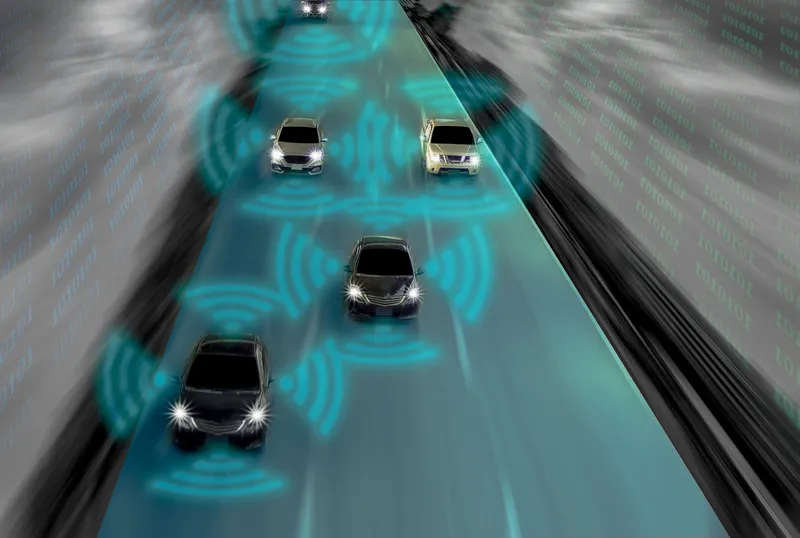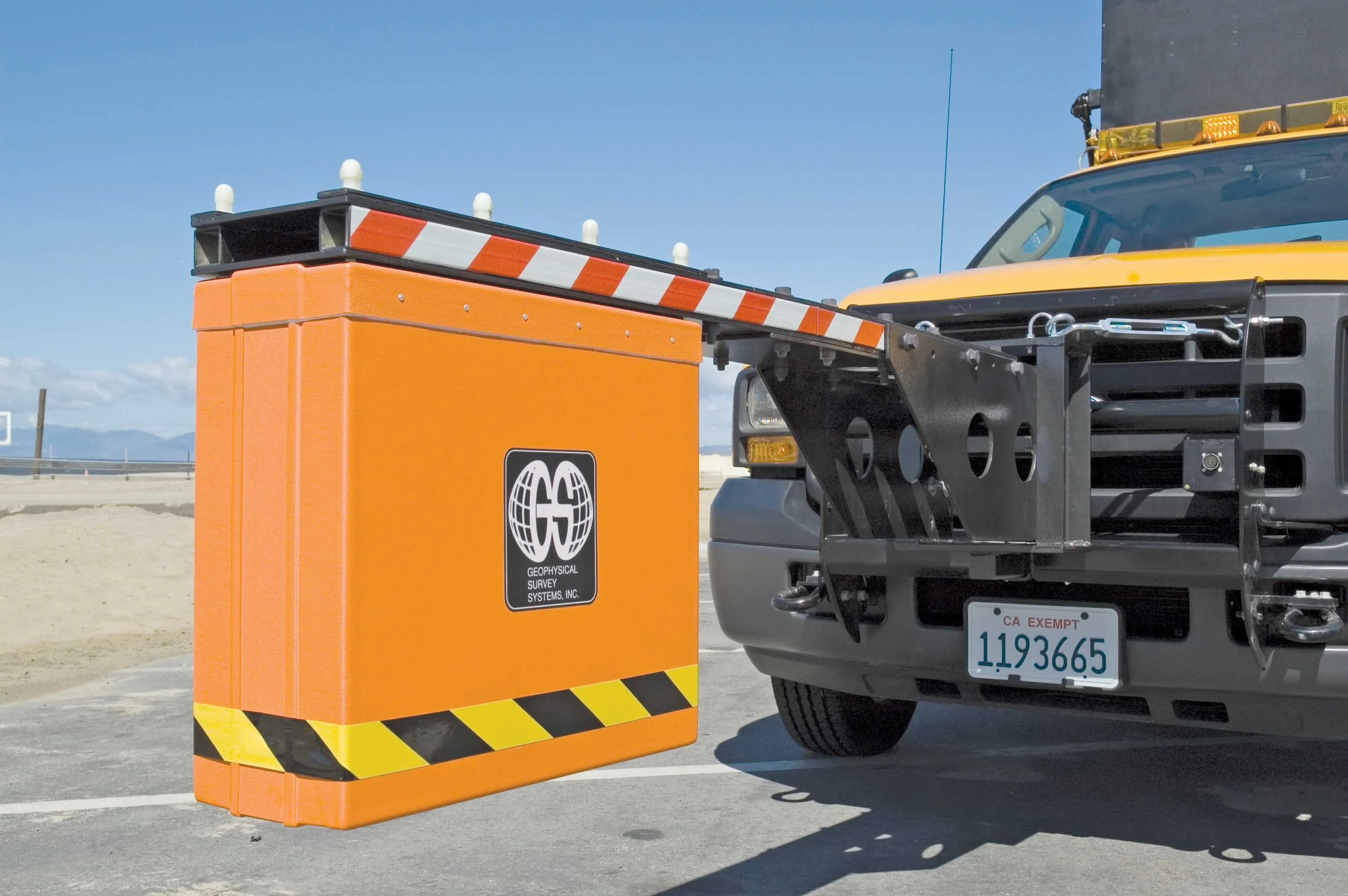Fugro Aperio collected and processed data from up to 7,000km lanes of English trunk roads as part of a just completed Traffic Speed Structural Survey (TRASS) contract. The work, commissioned by TRL on behalf of the Highways Agency (HA), saw the Cambridge-based survey specialist gain information using the HA’s Traffic Speed Deflectometer (TSD). The innovative TSD technology uses Doppler lasers to measure the speed at which the pavement deflects in response to load.
April 23, 2012
Read time: 2 mins
The work, commissioned by
The innovative TSD technology uses Doppler lasers to measure the speed at which the pavement deflects in response to load. The non-contact IT allows surveys to be conducted at up to 80kph, vastly reducing the risk to motorists caused by slower moving deflection techniques such as deflectograph and falling weight deflectometer (FWD).
The survey data, gathered over a two-month period during February and March 2012, is part of the HA’s drive to implement annual structural testing on the English trunk road network. It will be used to help service providers better identify and prioritise maintenance schemes as well as to help calculate the value of the pavement asset.
TRASS surveys have been underway since 2009, with the ultimate aim of using them for scheme level assessment and design by 2016.









